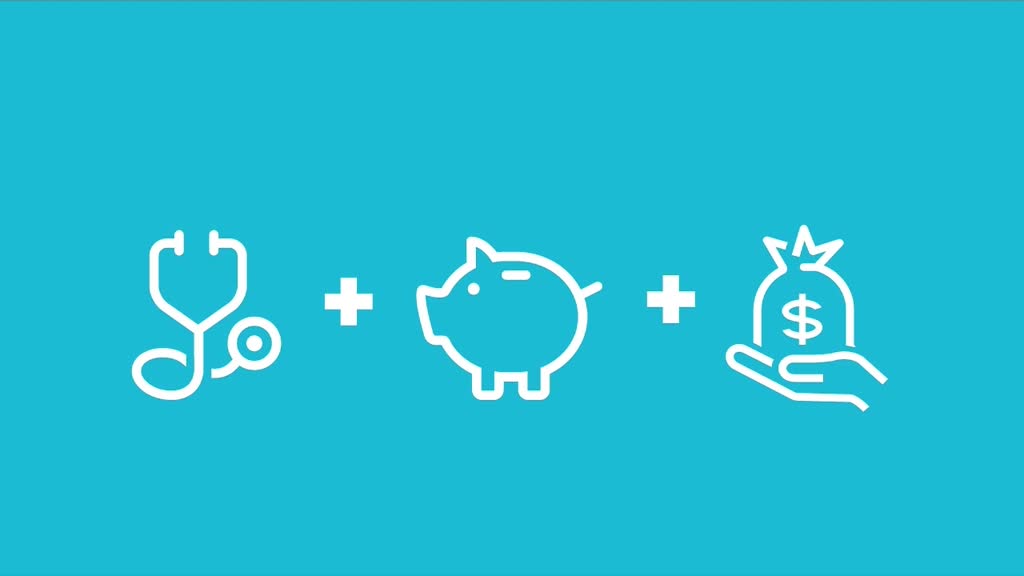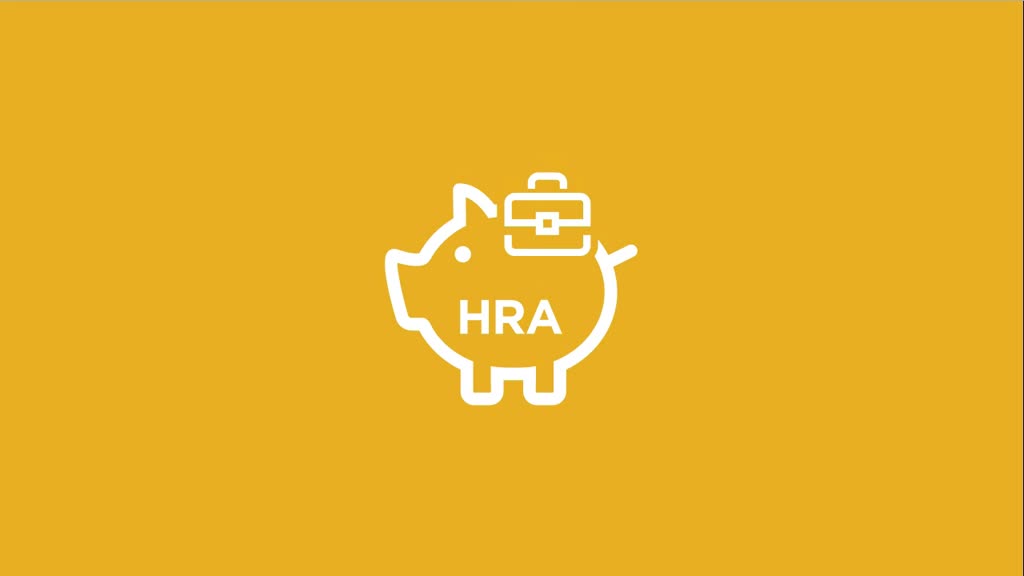Shop for Plans
Shop for your own coverage
- Medical
- Dental
- Other Supplemental
-
(Cancer Treatment, Hospital Indemnity, and more)
Plans through your employer
- Learn about the medical, dental, pharmacy, behavioral, and voluntary benefits your employer may offer.
- Explore coverage through work
Learn
- How to Buy Health Insurance
- Types of Dental Insurance
- Open Enrollment vs. Special Enrollment
- See all topics
Living or working abroad?
- Shop for international insurance plans
Shop for Plans
Shop for Plans
Health Savings Account (HSA)
This is a bank account you own to pay for eligible health care expenses or to save and invest for retirement.
Health Savings Account (HSA)
Watch this short video to learn how to get the most from your Health Savings Account. (Length: 03:56)
Video: Health Savings Account (HSA)
Why would I want an HSA?
It Offers a Triple Tax Advantage*
You Can Spend or Build Long-Term Retirement Savings
It's Portable
How an HSA works**
- An HSA is offered with a qualified High-Deductible Health Plan (A qualified High Deductible Health Plan (HDHP) typically has lower premiums/plan contributions and higher deductibles than a traditional health plan) and the account is opened through the HSA provider chosen by your employer. You, your employer, and others can put money into your HSA up to a certain yearly limit set by the IRS guidelines.
- Money is deposited from your paycheck into the account before it is taxed, so you don’t pay taxes on those wages.*
- Since you own the account, you can continue contributing to it if you leave your Cigna HealthcareSM health plan, change jobs, or retire.
- Use your HSA to pay for qualified health care expenses for you and your covered dependents. Some HSAs include a debit card so you can easily pay from your account at the time of service.
- Money in your HSA may earn interest. When your account reaches a minimum balance, you may be able to open a tax-advantaged* investment account.
- You can withdraw the money at age 65, but you’ll need to pay income taxes on it. If you withdraw it under age 65, the money is subject to income tax and may also be subject to a 20% penalty tax.
Account-Based Plans
Watch this short video to learn more about account-based plans. (Length: 05:45)
Video: Account-Based Plans
More benefits through your employers
Visit our Knowledge Center to learn about:
Buying a plan on your own?
This page features plans you get through an employer. If you're looking for plans you can buy for yourself or your family, we can help get you there.
Find a plan that's right for youView Cigna Healthcare Company Names
*HSA contributions and earnings are not subject to federal taxes and not subject to state taxes in most states. A few states do not allow pretax treatment of contributions or earnings.
**Plans vary, but this is how an HSA generally works.
You cannot open an HSA if, in addition to coverage under an HSA-qualified High Deductible Health Plan ("HDHP"), you are also covered under a Health Flexible Spending Account (FSA) or an HRA or any other health coverage that is not a HDHP. Prior to enrollment with an HSA provider, you must certify that you have enrolled or plan to enroll under a HDHP and are not covered under any other health coverage that is not a HDHP. Please refer to your plan documents, including specific information on your HSA, or contact your employer for more information on what’s covered and not covered by the plan.
The HSA provider and/or trustee/custodian is solely responsible for all HSA services, transactions, and activities. Cigna Healthcare and your employer are not responsible for any aspects of the HSA services, administration, or operation.
I want to...
Audiences
Manage Your Account
Cigna Healthcare Information
The Cigna Group Information
Disclaimer
Product availability may vary by location and plan type and is subject to change. All health insurance policies and health benefit plans contain exclusions and limitations. For costs and details of coverage, review your plan documents or contact a Cigna Healthcare representative.
All Cigna Healthcare products and services are provided exclusively by or through operating subsidiaries of The Cigna Group, including Cigna Health and Life Insurance Company, Cigna HealthCare of Arizona, Inc., Cigna HealthCare of Florida, Inc., Cigna HealthCare of Georgia, Inc., Cigna HealthCare of Illinois, Inc., Cigna HealthCare of North Carolina, Inc. and Cigna HealthCare of Texas, Inc. Group health insurance and health benefit plans are insured or administered by CHLIC, Connecticut General Life Insurance Company (CGLIC), or their affiliates (see a listing of the legal entities that insure or administer group HMO, dental HMO, and other products or services in your state). Accidental Injury, Critical Illness, and Hospital Care plans or insurance policies are distributed exclusively by or through operating subsidiaries of The Cigna Group, are administered by Cigna Health and Life Insurance Company, and are insured by either (i) Cigna Health and Life Insurance Company (Bloomfield, CT). The Cigna Healthcare name, logo, and other Cigna Healthcare marks are owned by Cigna Intellectual Property, Inc. This website is not intended for residents of New Mexico.
La aseguradora publica el formulario traducido para fines informativos y la versión en inglés prevalece para fines de solicitud e interpretación.
The insurer is issuing the translated form on an informational basis and the English version is controlling for the purposes of application and interpretation.

